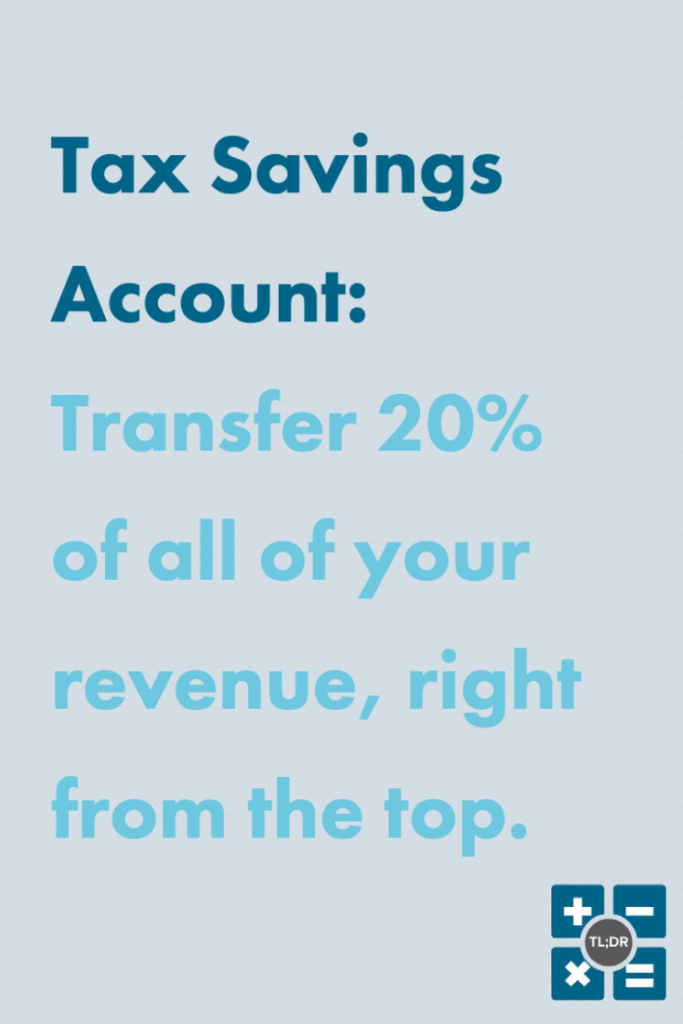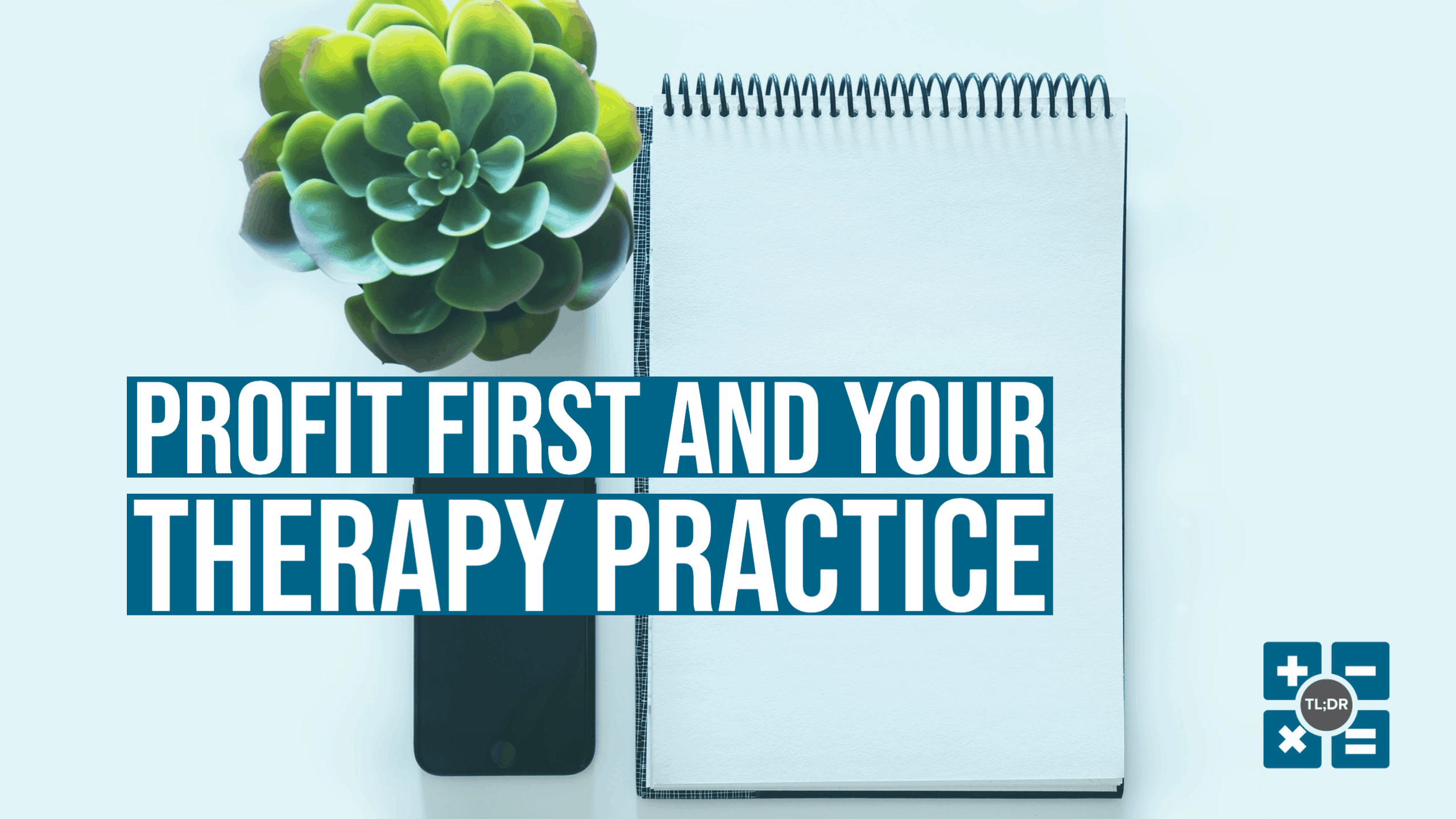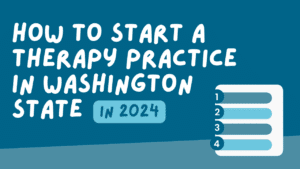A financially healthy company is a result of a series of small daily financial wins, not one big moment. Profitability isn’t an event; it’s a habit.
~ Mike Michalowicz, Profit First
If you’re not familiar with the book “Profit First: A Simple System To Transform Any Business From A Cash-Eating Monster To A Money-Making Machine” by Mike Michalowicz, then, well, the title says it all. When you boil it all down, this is a book about putting systems in place that ease off the pressure you might feel to plan for every financial “speed bump” or “pothole” that your business will hit, and it can certainly help you weather the occasional financial “black ice.”
“Profit First” is not written for people who are accountants, financial analysts, bankers, or other such professionals. It is written for small business owners like you who grit your teeth and open a business in order to make your desired change in the world. We at TL;DR believe that the levels of stress and anxiety in the world seem to be on the increase, and COVID certainly isn’t helping things. We need people like you to heal our wounded nation.
For this article we’re going to talk specifically about the bank accounts that Mike Michalowicz recommends you open if you choose to follow the methods of Profit First, as well as adjustments we recommend here at TL;DR.
Checking and Savings
Many, perhaps most, small business owners have only one business checking account and one business savings account (if any), both at the same bank. Mike Michalowicz recommends three checking accounts at one bank (Income, Owner’s Pay, and Operating Expenses) and two savings accounts at a separate bank (Profit, Taxes).

Here at TL;DR Accounting, we recommend a happy medium between the two for therapy practices, at least to start. In our opinion it makes sense to have only one checking account for operations, in order to keep your level of banking complexity to a minimum.
Most of our clients have their checking and savings accounts at the same institution. This is perfectly fine to us. Michalowicz recommends separate banking institutions to make it really hard to dip into your savings; you can decide whether this is necessary for your business.
In addition to one Operations Checking account, we recommend two savings accounts. The first one, Tax Savings, should take 20% of all of your revenue, right from the top. Keep it this simple to reduce the chance of you digging through your furniture for tax-money come April 12th. Your second savings account, by our method, would be for Business Savings and Retirement.
If you already have 5 accounts at two separate banks, that’s fine as long as it works for your business. We’ll still happily do your books for you if you like: just give us a call!
Our issues with opening all of these accounts is the additional bookkeeping burden it places on you to keep your books updated. Transfers are the number one item we see entered incorrectly if someone uses QuickBooks Online for their bookkeeping.
So what does this change if you are following the Profit First method?
After your transfer from SimplePractice into your bank account, send 20% to your tax account, 5 to 10% to your savings account and then transfer your ‘pay’ to your personal account (usually 50 to 60%). What is left in your bank account is the amount you have to budget for the normal monthly expenses in your practice.
The Company Credit Card

Note that we said “The Company Credit Card.” It should be in your business’s name and not a personal credit card. We don’t recommend having multiple company credit cards for two major reasons:
- Every additional credit card you open is like one more shovel you “could” use to dig yourself into a debt hole and risk being trapped in there.
- It’s another card to keep track of paying down every month. Some credit cards jack up the interest rates to amounts that are (figuratively, not literally) criminal if you miss a single payment.
If you have employees with reimbursable expenses, it might make sense to have multiple credit cards. Practices that reimburse their employees for business expenses are required by the IRS to have an accountable plan in place.
It would be a disservice to you if we didn’t use this opportunity to tack on one last bit about mixing business and personal expenses:
Please, don’t mix business and personal expenses. It creates extra work for you, extra work for your bookkeeper and tax professional, and it carries the risk of fraud if you don’t catch it in time!
If you do mix personal and business expenses, you can make a journal entry to the equity account on your books to fix things. If all of this sounds like a foreign language to you, you can galvanize your bookkeeping knowledge with our bare minimum guide to bookkeeping, or just give us a call and we can do the bookkeeping entries for you!
TL;DR: Mike Michalowicz wrote a popular book for small businesses called “Profit First: A Simple System To Transform Any Business From A Cash-Eating Monster To A Money-Making Machine.” The name says it all. He recommends that you set up five bank accounts at two separate banks. We think that’s a bit much “right off the bat,” so we instead recommend a middle ground of three accounts at one bank. We also recommend for you to have only one company credit card if possible. Last, please don’t mix business and personal expenses. If you do, make sure to make the necessary equity journal entries in your books, or just contact us and we’ll do it for you!






